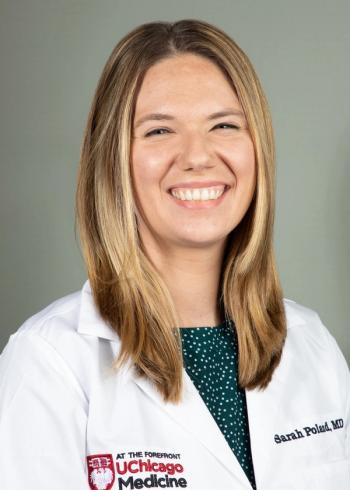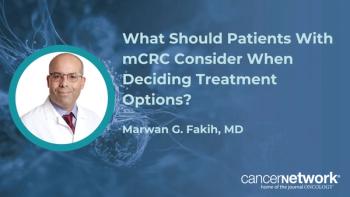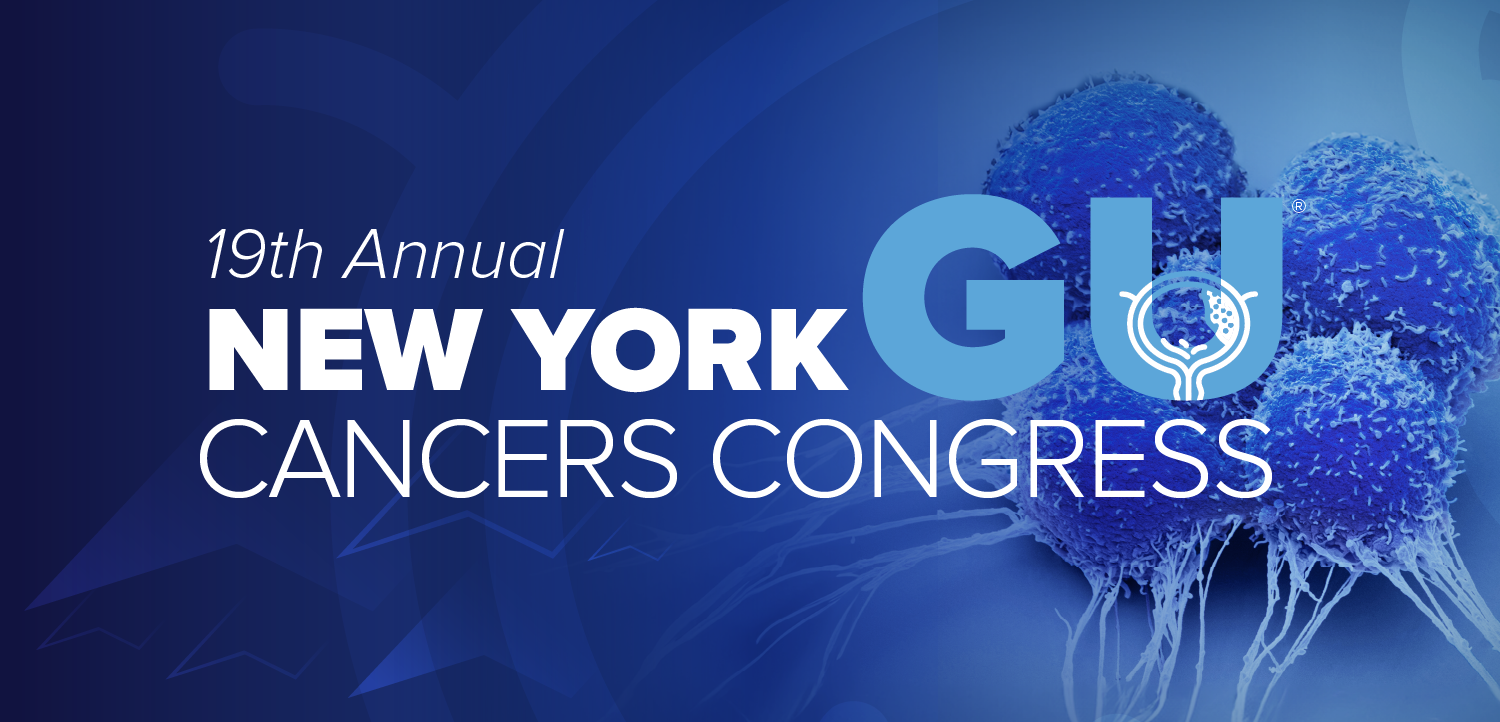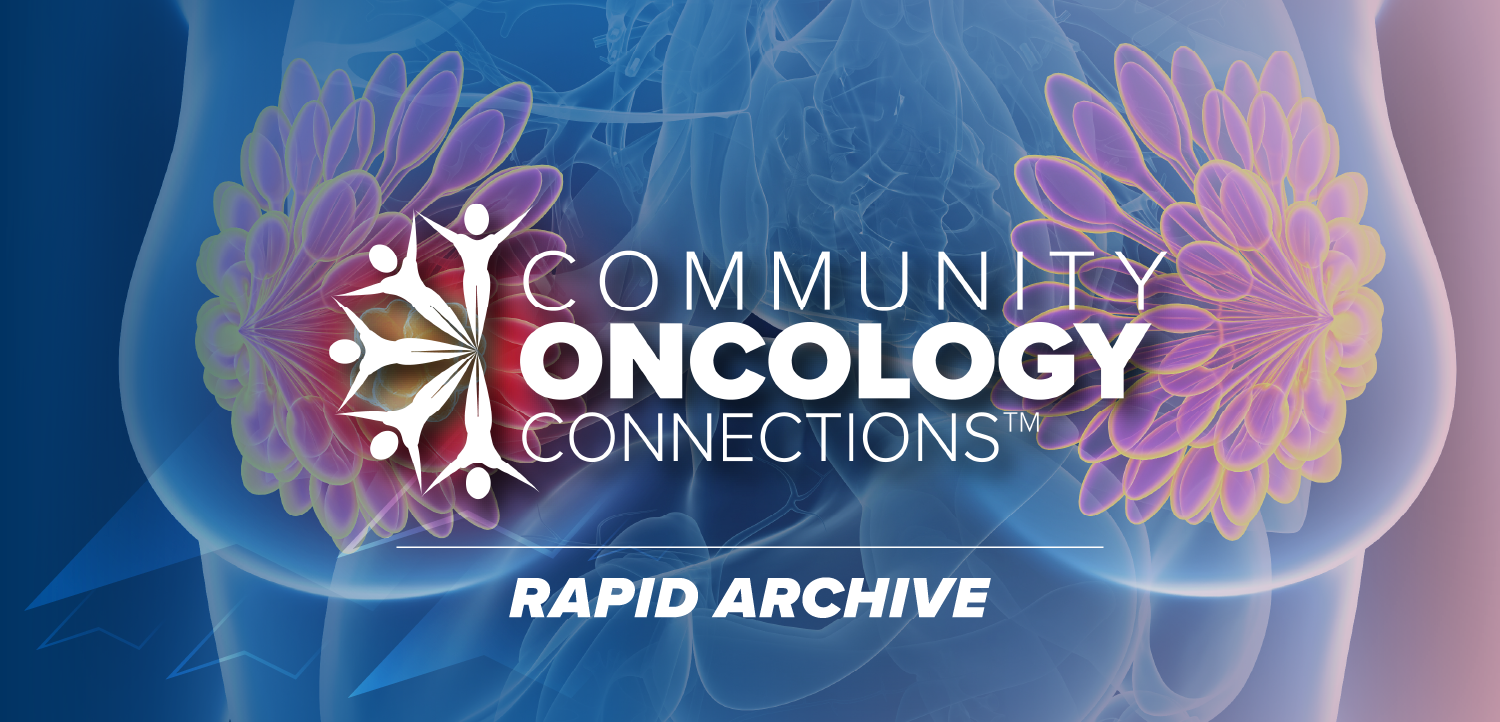
|Slideshows|May 16, 2014 (Updated: November 11, 2020)
8 Ways to Create Value in Cancer Care
Author(s)Craig R. Hildreth, MD
This slide show features 8 ways oncologists can create value in cancer care, from building a great team of staff members to staying on top of the latest developments in your field.
Advertisement
References:
1. Krasner MS; Epstein RM, Beckman H, et al. Association of an educational program in mindful communication with burnout, empathy, and attitudes among primary care physicians. JAMA. 2009;302:1284-93.
Newsletter
Stay up to date on recent advances in the multidisciplinary approach to cancer.
Advertisement
Advertisement
Advertisement
Trending on CancerNetwork
1
FDA Grants Tentative Approval to PNT2003 for GEP-NETs
2
Will The FDA Approve Iberdomide in Relapsed/Refractory Multiple Myeloma?
3
FDA Grants Pre-Market Approval to AI Device for Breast Cancer Surgery
4
The Evolving Landscape of Immunotherapy in Breast Cancer
5






















































